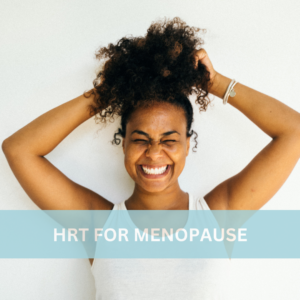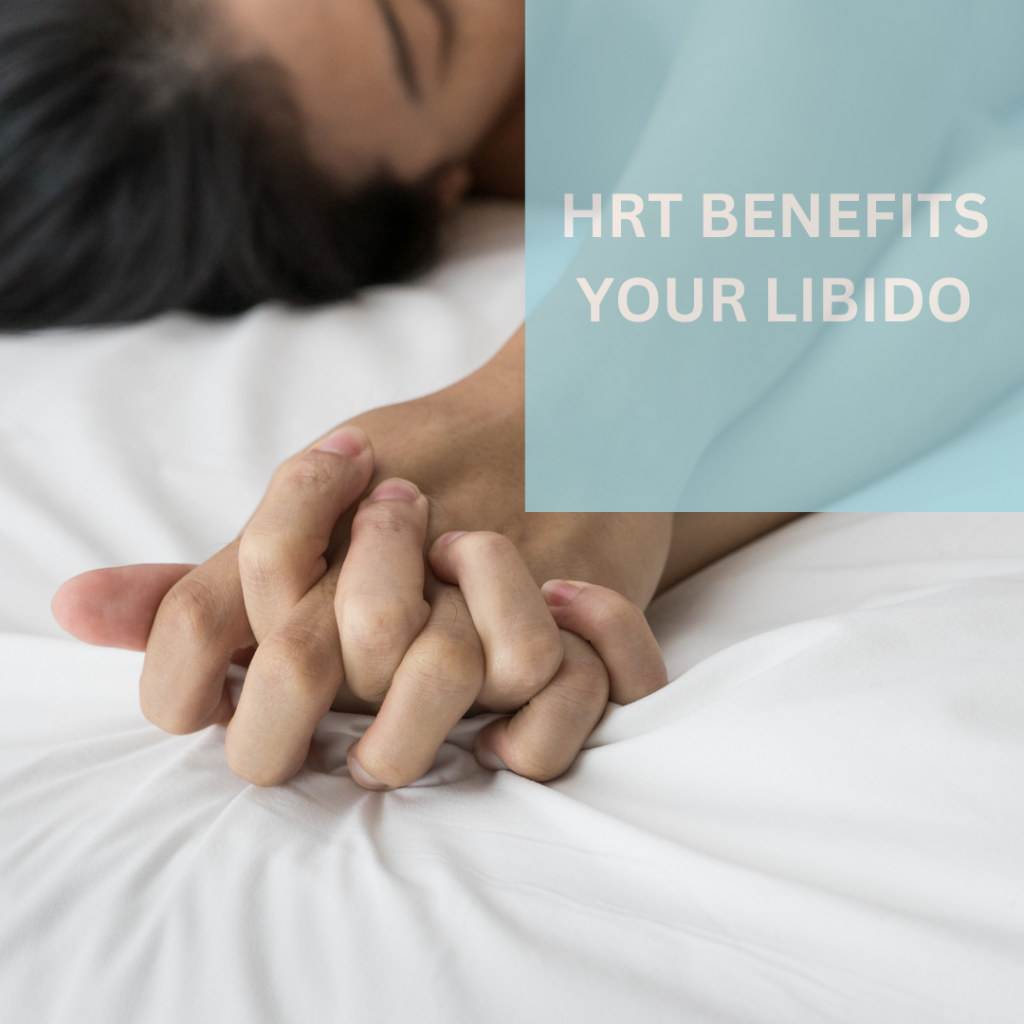Hormone Replacement Therapy (HRT) is a medical treatment used to supplement or replace hormones in the body that are at low levels, typically due to menopause or other hormonal imbalances. HRT is most commonly associated with the treatment of symptoms associated with menopause, but it can also be used for men with low testosterone levels and individuals with certain hormonal deficiencies.
Types of HRT
- Estrogen-Only Therapy (ET) – This type is often prescribed for women who have had a hysterectomy. It involves taking estrogen alone.
- Combined Hormone Therapy (CHT) – This involves a combination of estrogen and progestin (a synthetic form of progesterone). It’s commonly used for women who still have their uterus to prevent endometrial cancer, which can be caused by taking estrogen alone.
- Testosterone Therapy – Sometimes prescribed for men with low testosterone levels.
- Bioidentical Hormone Therapy (BHT) – Uses hormones that are chemically identical to those the body produces. BHT can be custom-compounded or available in standard doses.
Benefits of HRT

Relief from Menopausal Symptoms
Hot Flashes – Reduces the frequency and intensity of hot flashes.
Night Sweats – Helps manage night sweats, improving sleep quality.
Vaginal Dryness – Alleviates vaginal dryness and discomfort during intercourse.
Mood Swings – Can stabilize mood swings and improve overall emotional well-being.
Bone Health
Prevention of Osteoporosis – HRT can reduce the risk of osteoporosis and bone fractures, especially in postmenopausal women.
Cardiovascular Benefits
HRT, particularly when started early in menopause, may help in reducing the risk of heart disease by improving cholesterol levels and maintaining healthy blood vessels.
Cognitive Benefits
Some studies suggest that HRT may have protective effects against cognitive decline and reduce the risk of Alzheimer’s disease, although this is still debated.
Benefits of Testosterone Therapy
Testosterone therapy (TT) is primarily used to treat low testosterone levels in men, a condition known as hypogonadism. The benefits of testosterone therapy can vary depending on the individual’s health needs and goals. Here are some of the key benefits:

Improved Libido and Sexual Function
- Increased Libido – Testosterone plays a critical role in sexual desire, so therapy often leads to an increase in libido in men with low testosterone levels.
- Improved Erectile Function – TT can improve erectile function, especially in men with low testosterone-related erectile dysfunction.
Increased Muscle Mass and Strength
- Muscle Growth – Testosterone is anabolic, meaning it helps in building and maintaining muscle mass. TT can lead to increased muscle size and strength.
- Enhanced Physical Performance – With improved muscle mass, physical performance and endurance may also improve.
Better Bone Health
- Increased Bone Density – Testosterone is vital for bone mineral density. TT can help increase bone density, reducing the risk of osteoporosis and fractures, especially in older men.
Improved Mood and Mental Health
- Reduced Depression and Anxiety – Testosterone therapy has been associated with improvements in mood, reducing symptoms of depression and anxiety in men with low testosterone.
- Increased Energy Levels – Men undergoing TT often report higher energy levels and reduced fatigue.
Enhanced Cognitive Function
- Improved Memory and Concentration – Some studies suggest that testosterone therapy can enhance cognitive function, particularly in areas such as memory and concentration.
- Reduced Risk of Cognitive Decline – TT may help protect against age-related cognitive decline, though more research is needed in this area.

Body Fat Reduction
- Decreased Body Fat – Testosterone therapy can help reduce body fat, particularly visceral fat, which is linked to various health issues, including cardiovascular disease.
Improved Cardiovascular Health
- Cholesterol Levels – TT can help improve lipid profiles, potentially reducing the risk of cardiovascular disease.
- Blood Pressure – Some studies suggest that TT may help lower blood pressure, although this is still an area of ongoing research.
Improved Red Blood Cell Production
- Increased Hemoglobin – Testosterone therapy can stimulate the production of red blood cells, which is beneficial for those with anemia or low hemoglobin levels.
Considerations and Risks
The decision to use HRT should be made in consultation with a healthcare provider, considering individual risks and benefits. While HRT offers many benefits, it’s important to be aware of potential risks and side effects. Regular monitoring by a healthcare provider is essential to manage any risks and ensure the therapy is effective and safe.
Find out about the peptide therapies available to you at our Peptide Therapy page. Contact us to get help choosing the right peptide therapy for you.